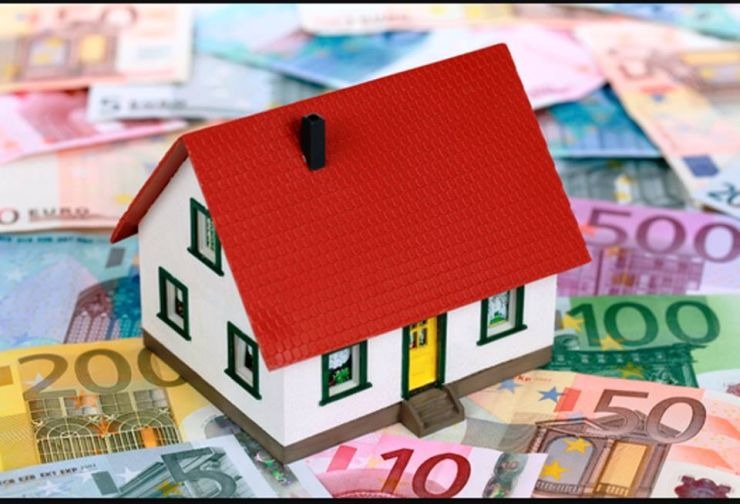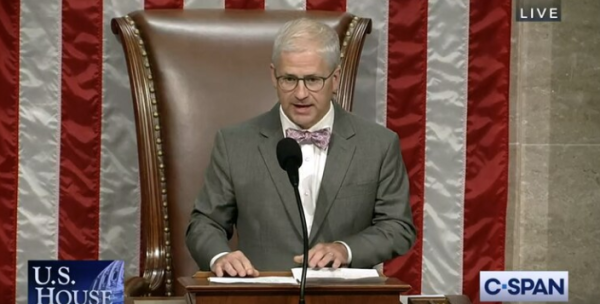
In order to understand the magnitude of the problem of affordable housing in Greece, we must read the official numbers that unfortunately “make” Greece a champion among the countries of the European Union.
According to Eurostat, 36.6% of the Greek’s disposable income is spent on housing costs, when the EU average is 20.1%. The next countries on the list are not countries hit by the crisis, but rather rich countries, Germany (with 29.7% of disposable income) and Denmark (26.4%).
For people considered to be at risk of poverty this percentage exceeds 60%.
Social inequality
If we consider that 43% of Greeks either rent their first home (25%) or pay a loan for it (18%), we can understand the magnitude of social inequality, when a worker, employee or freelancer has to spend about 22 minutes every hour he works for his housing. Or even better when an employee who has inherited his first home is left with more than ⅓ of his salary compared to someone who receives the same salary, but was not so lucky in his inheritance….
The problem is bigger in big cities, and especially among young men and women. More specifically, 29.1% of the general population in Greece face severe housing deprivation, while the corresponding percentage of young people is 48.5%. On the other hand, Cyprus, Spain and Portugal have the lowest percentages of disposable income.
What is the state doing about it?
The obvious question that arises is: what is the state doing about it?
The state is discussing a maximum of 3% on the permitted increase in professional rent, but not for homes.
It is talking about reducing the taxation of rental income, but not about a measure to support tenants.
While, at the same time, the banking system has a different orientation. Banks prefer to compete in terms of loans they will offer to large companies due to the Recovery Fund, while, according to the Bank of Greece, bank lending to households has been continuously shrinking in the first 10 months of 2021. According to the same source, the average financing rate for the purchase of a property is close to 64% of its commercial value, with the average disbursement for 2021 being 73,200 euros.
The young men and women who stayed
So instead of discussing in the public debate, just about how to reverse the brain drain, it is good to deal with those young people who are left behind, and are trying to build their lives.
Not only sound education but alertness and dedication too are most required. In this context, I would like to submit my own view for the exploitation of the vacant unexploited properties and their utilization for the provision of social housing through an “upside down” PPP that will be financed from the resources of the Recovery Fund.
The problem is quite intense and requires an immediate solution, and does not allow for complacency only with the construction of new homes that will be available either for rent or for sale. The state could very well finance energy renovations (and not only) of such houses that it will offer to young people at a low price, but also with the 10-year commitment to pay some amount to the owners.
The residence is the temple of the family, Le Corbusier
* Mr. Michalis Kalogiannakis is the president of the Panhellenic Association of Certified Rural Surveyors
Latest News

Airbnb: Greece’s Short-Term Rentals Dip in March Amid Easter Shift
Data from analytics firm AirDNA shows that average occupancy for short-term rentals dropped to 45% in March, down from 49% the same month last year.

Easter Week in Greece: Holy Friday in Orthodoxy Today
At the Vespers service on Friday evening the image of Christ is removed from the Cross and wrapped in a white cloth

Meloni and Trump Meet in Washington, Vow to Strengthen Western Ties
“I am 100% sure there will be no problems reaching a deal on tariffs with the EU—none whatsoever,” Trump stressed.

ECB Cuts Interest Rates by 25 Basis Points in Expected Move
The ECB’s Governing Council opted to lower the deposit facility rate—the benchmark for signaling monetary policy direction—citing an updated assessment of inflation prospects, the dynamics of underlying inflation, and the strength of monetary policy transmission.

Current Account Deficit Fell by €573.2ml Feb. 2025: BoG
The improvement of Greece’s current account was mainly attributed to a more robust balance of goods and, to a lesser extent, an improved primary income account

Hellenic Food Authority Issues Food Safety Tips for Easter
Food safety tips on how to make sure your lamb has been properly inspected and your eggs stay fresh.

Greek Kiwifruit Exports Smash 200,000-Ton Mark, Setting New Record
According to data by the Association of Greek Fruit, Vegetable and Juice Exporters, Incofruit Hellas, between September 1, 2024, and April 17, 2025, kiwifruit exports increased by 14.2%.

Easter Tourism Boom: Greece Sees 18.3% Surge in Hotel Bookings
Among foreign markets, Israel has emerged as the biggest growth driver, with hotel bookings more than doubling—up 178.5% year-on-year.

Greece to Launch Fast-Track Tender for Offshore Hydrocarbon Exploration
Last week, Papastavrou signed the acceptance of interest for the two Cretan blocks, while similar decisions regarding the two Ionian Sea blocks were signed by his predecessor

American-Hellenic Chamber of Commerce to Open Washington D.C. Branch
AmCham's new office aims aims to deepen U.S.-Greece economic ties and promote investment and innovation between the two countries







![Πλημμύρες: Σημειώθηκαν σε επίπεδα ρεκόρ στην Ευρώπη το 2024 [γράφημα]](https://www.ot.gr/wp-content/uploads/2025/04/FLOOD_HUNGRY-90x90.jpg)




![Airbnb: Πτωτικά κινήθηκε η ζήτηση τον Μάρτιο – Τι δείχνουν τα στοιχεία [γράφημα]](https://www.ot.gr/wp-content/uploads/2024/07/airbnb-gba8e58468_1280-1-90x90.jpg)

























![Airbnb: Πτωτικά κινήθηκε η ζήτηση τον Μάρτιο – Τι δείχνουν τα στοιχεία [γράφημα]](https://www.ot.gr/wp-content/uploads/2024/07/airbnb-gba8e58468_1280-1-600x500.jpg)


 Αριθμός Πιστοποίησης
Αριθμός Πιστοποίησης